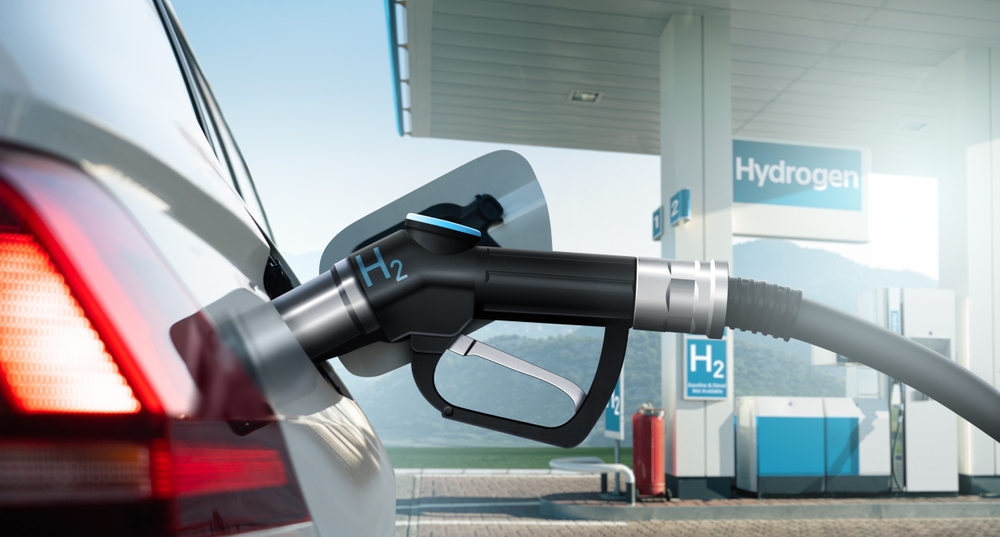Amid a major move towards greener transportation, the European Commission has selected 39 groundbreaking projects across the EU to expand its alternative fuel infrastructure.
These projects will receive a total investment of 422 million euros through the Alternative Fuel Infrastructure Facilities (AFIF) to reduce greenhouse gas emissions and strengthen the EU’s commitment to improving air quality.
This substantial financial boost is aimed at accelerating the transition to cleaner, more sustainable transportation options.
Apostolos Tzitzikostas, Director of EU Sustainable Transport and Tourism, commented:
“Together we will add nearly 5,000 new charging points, including a 626 megawatt charger, to help citizens choose zero-emission vehicles and contribute to a cleaner environment.”
Major investments in clean transportation solutions
The selected projects will drive the deployment of essential infrastructure for alternative fuels.
A significant portion of the funds will support the installation of 2,500 public electrical charging points for light vehicles and 2,400 for heavy vehicles along the Trans-European Transportation Network (TEN-T).
Additionally, 35 hydrogen refueling stations will be built to provide cars, trucks and buses, further promoting the use of hydrogen as a viable alternative fuel.
Ports and airports are also set up to benefit from the initiative. The plan includes electrifying ground handling services at eight airports, reducing emissions from airport operations.
Meanwhile, nine ports are equipped with land power facilities, allowing docked vessels to run cleaner energy sources instead of traditional fuel.
A major step towards decarbonisation in the shipping industry will develop two ammonia and methanol refueling facilities to provide sustainable fuel alternatives for marine transport.
These strategic investments are in line with the EU’s broader goals of strengthening energy security, increasing industry competitiveness, and promoting innovation in the alternative fuel sector.
It is important to expand alternative fuel infrastructure
The expansion of alternative fuel infrastructure is essential to Europe’s transition to sustainable transportation.
The lack of widespread, accessible fuel supply and charging stations has been a barrier to adoption of clean energy solutions.
By investing in large infrastructure projects, the EU is actively tackling this challenge, ensuring businesses and individuals can confidently move towards alternative fuel-powered vehicles.
The expansion of alternative fuel infrastructure will play a key role in the EU’s goal of achieving carbon neutrality by 2050, significantly reducing carbon emissions.
Improved air quality is another important advantage as electric and hydrogen-powered vehicles can help lower pollution levels in the city.
Furthermore, developing a variety of energy sources will improve energy independence, reduce European dependence on fossil fuels, and improve economic stability.
Investment in this sector will stimulate job creation, research and technological advancements and promote a competitive European green technology industry.
The path ahead for sustainable mobility
Alternative fuel infrastructure facilities are operated by messing up proposals, allowing for continued funding for innovative projects.
The latest call, which began on February 29, 2024, has already completed its first evaluation round. The next funding cutoff is set for June 11, 2025, with €578 million still available for future projects.
The EU’s commitment to alternative fuel infrastructure represents an important step towards a greener, more resilient transportation network. These investments will help accelerate the adoption of electricity, hydrogen and renewable fuels while supporting industries in meeting strict emissions targets.
As AFIF continues to fund transformative projects, the future of European transport appears cleaner, more efficient and more sustainable.
Source link

